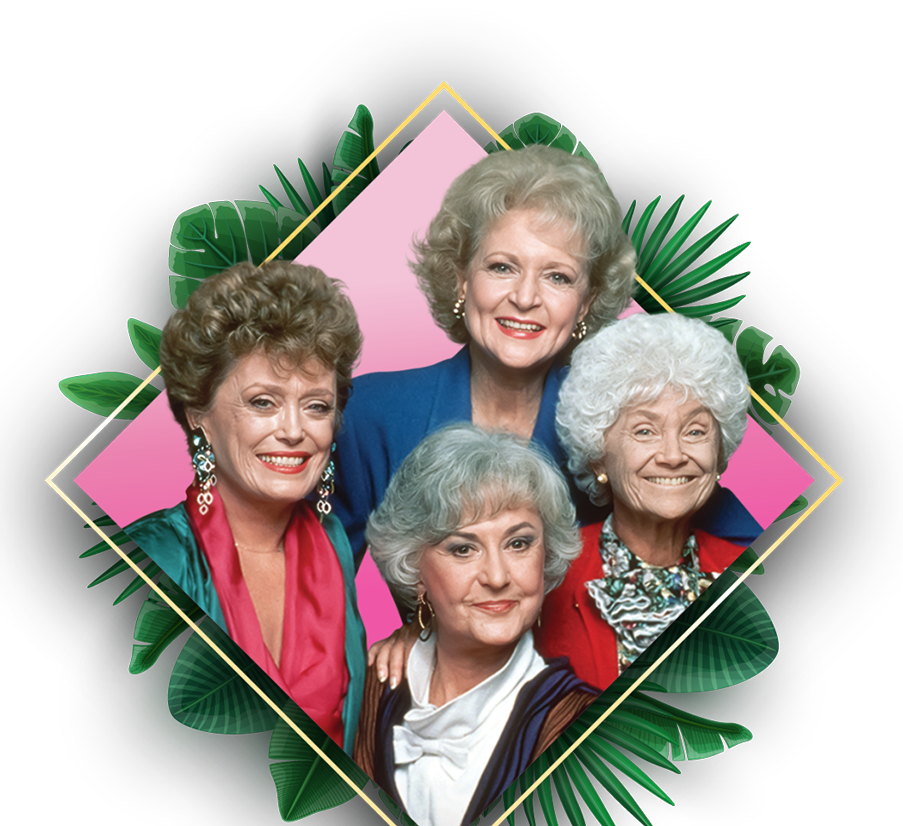Steve McQueen didn't believe Wanted: Dead or Alive was ''too violent''
"The King of Cool" had no choice but to cool down the violence in Wanted: Dead or Alive.

Steve McQueen was a lot like his character in the Western series Wanted: Dead or Alive. Both he and his character, Josh Randall, were known for their rugged charm, no-nonsense attitude, and bad boy persona throughout the 1960s.
McQueen was a motorcycle-riding, race car-driving, horse-fighting bad boy who was known for his dangerous stunts, high-adrenaline activities, and clashing with others both in and out of character.
While McQueen liked to live life a little dangerously, generally opposing authority figures, Josh Randall was put on a much tighter rein.
In the '60s, many TV Westerns such as Gunsmoke, Rawhide, and The Rifleman were being closely watched for their use of "too much" violence on TV. Concerns about the influence of violence on TV began swirling around Hollywood.
The Federal Communications Commission (FCC) began to have stricter guidelines and the networks enforced them. The new set of rules was every rough-and-tumble bounty hunter's nightmare.
In a 1960 interview with Quad City Times, McQueen said he had always been a bit timid to speak his mind about the on-screen violence seen on TV, but he had no choice but to tone it down.
"The network people came to me and said we had too much violence on the show," McQueen said. "What bothered them was how we were slugging guys and some of the ways we shot people."
Wanted: Dead or Alive originally aired every Saturday, but ended up moving to Wednesday nights on CBS. Combined with the added pressure from networks wanting to see less violence, McQueen had to change the way he did things.
"For instance, I got a note one day which said I could hit the guy in the face once or twice, but not a third time," McQueen said. "That's a lot of nonsense. If you can't hit a guy, how are you going to be violent? Kick him?"
If McQueen had it his way, the Western category would have been left alone. Typically, Westerns and violence seemed to go hand-in-hand. How good can a Western really be without a good old-fashioned shootout?
McQueen said he thought the execs at the network were being too critical of the amount of violence shown on-air.
"The fights on TV have become theatrical," McQueen said. "This year, our fights will be over quickly, none of this wrestling all over the place. When I walk into a town on the show and a couple guys ask me to get out, I do."







































